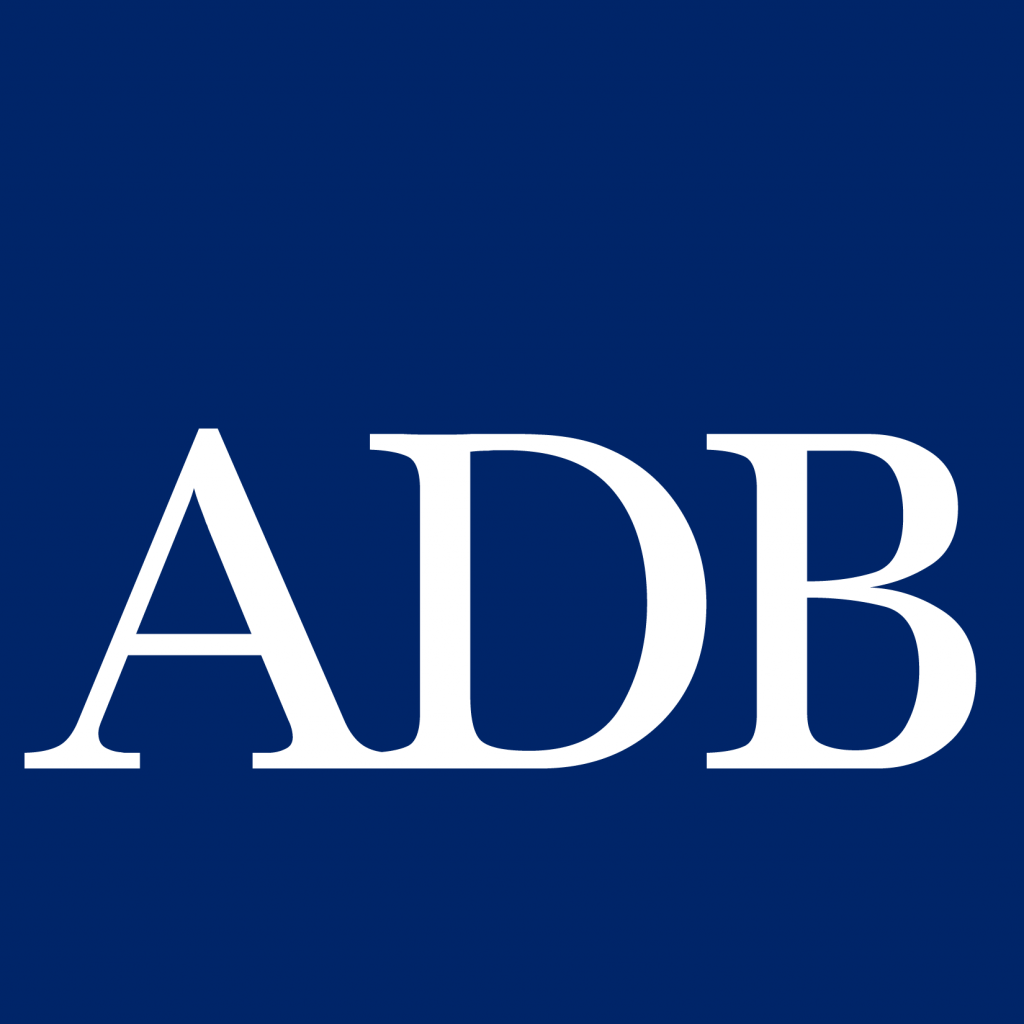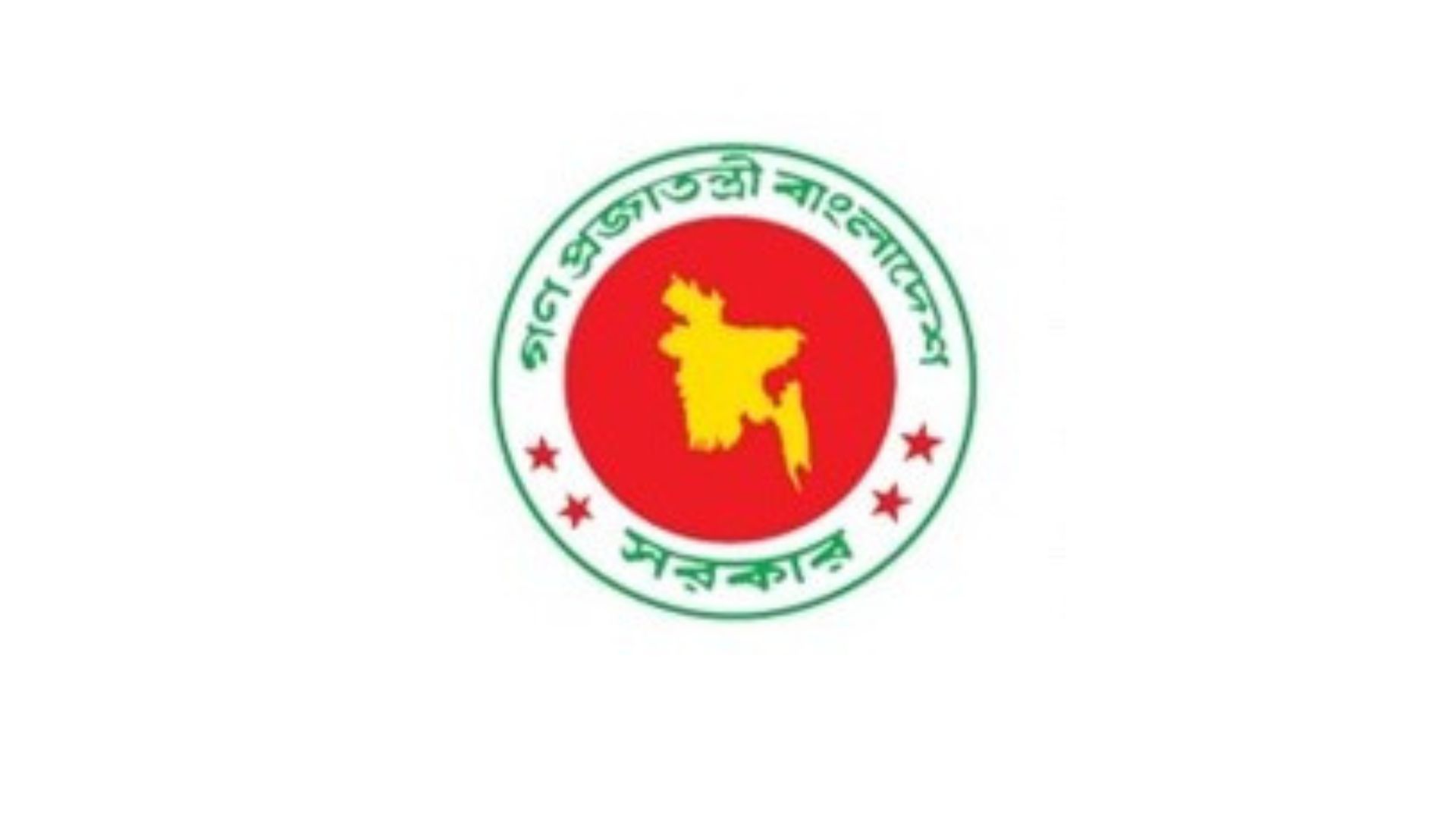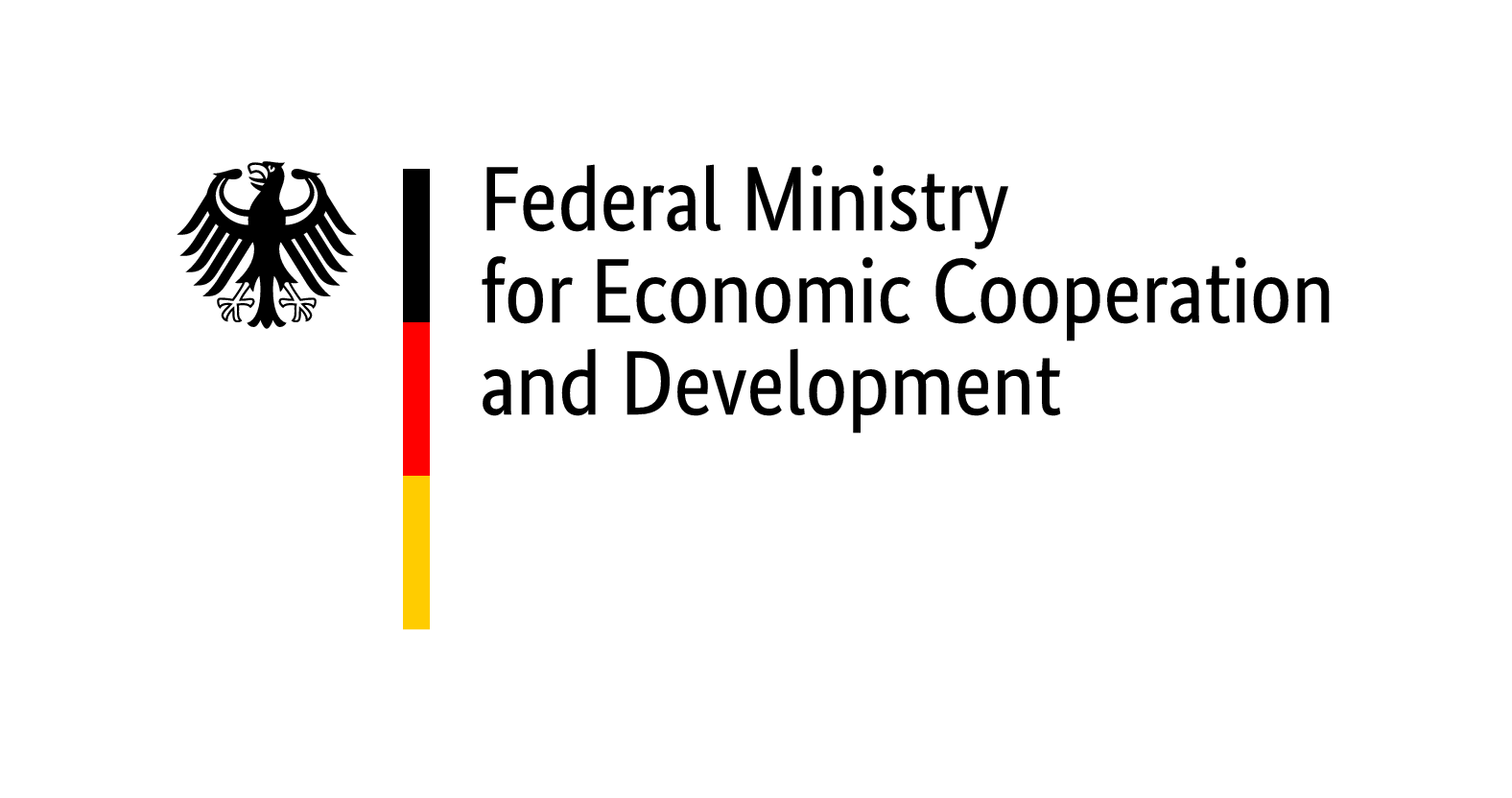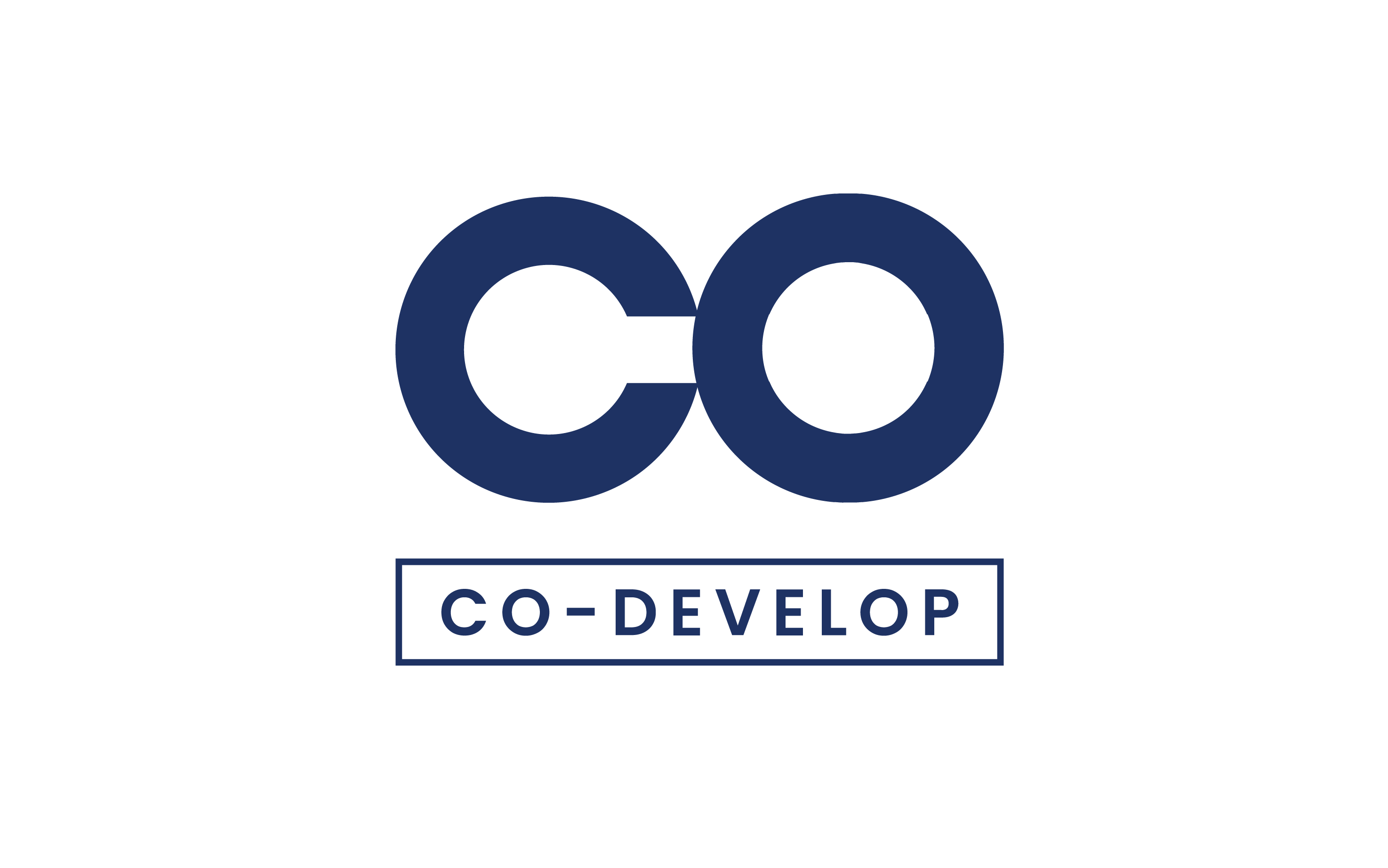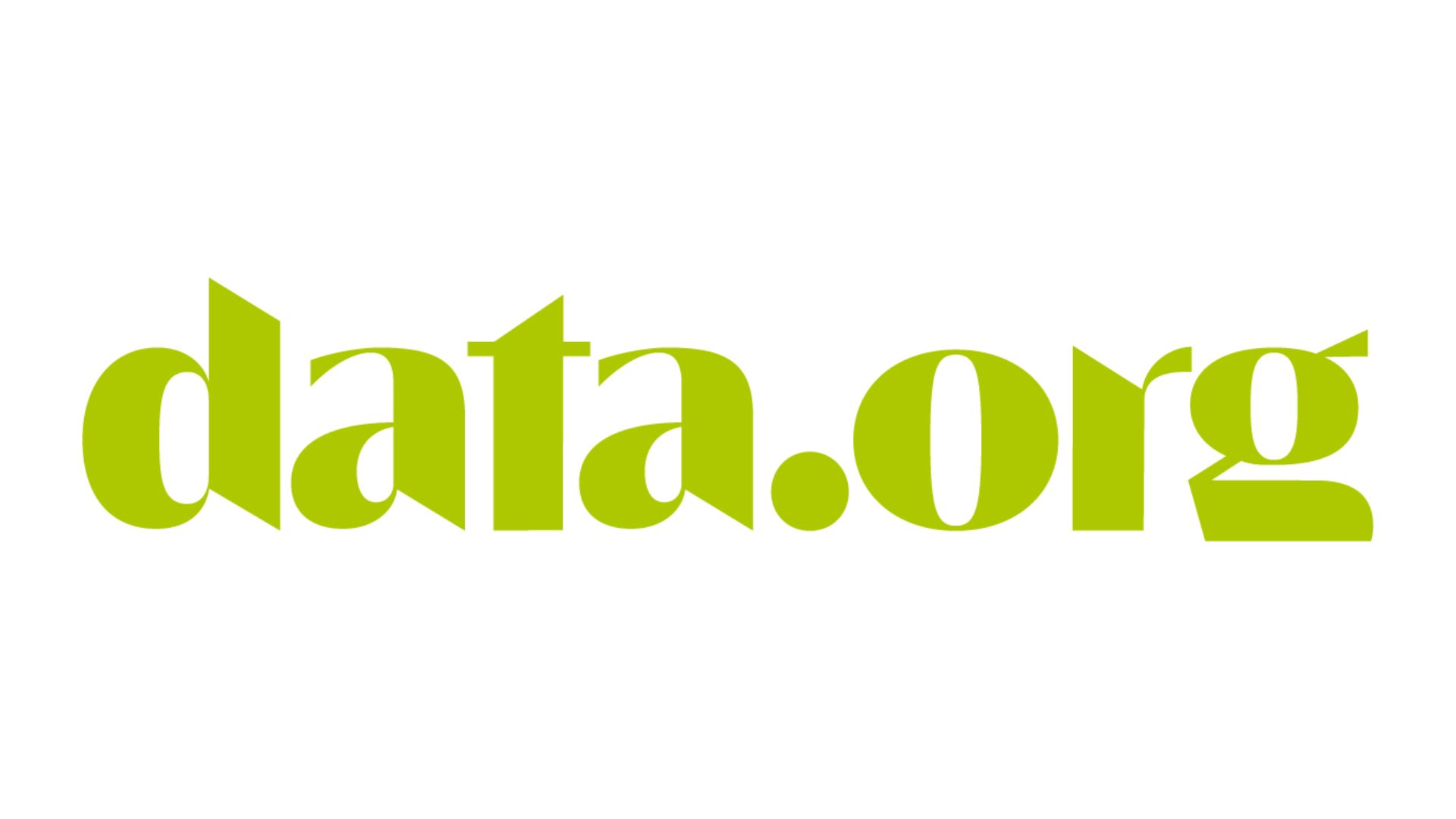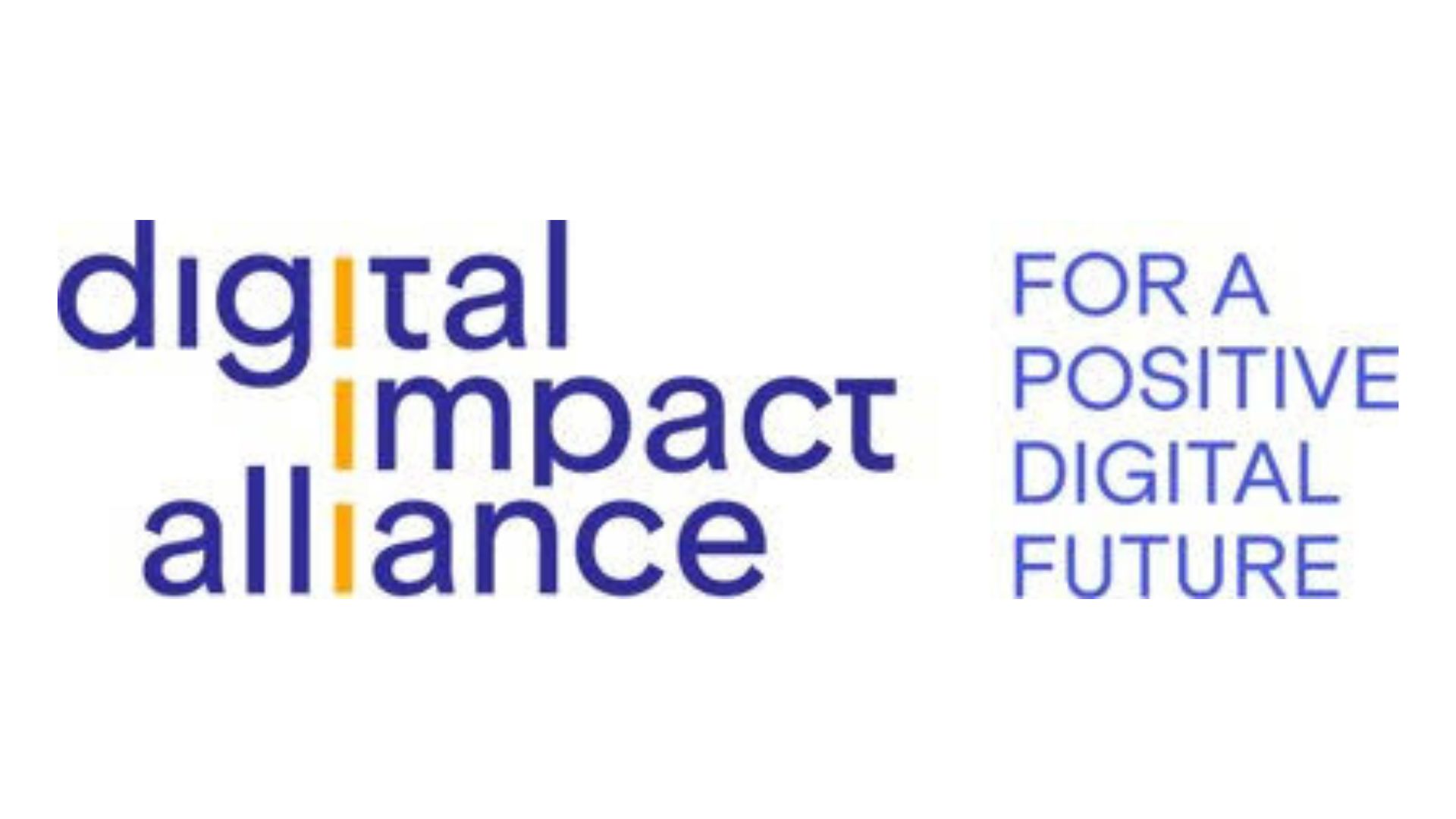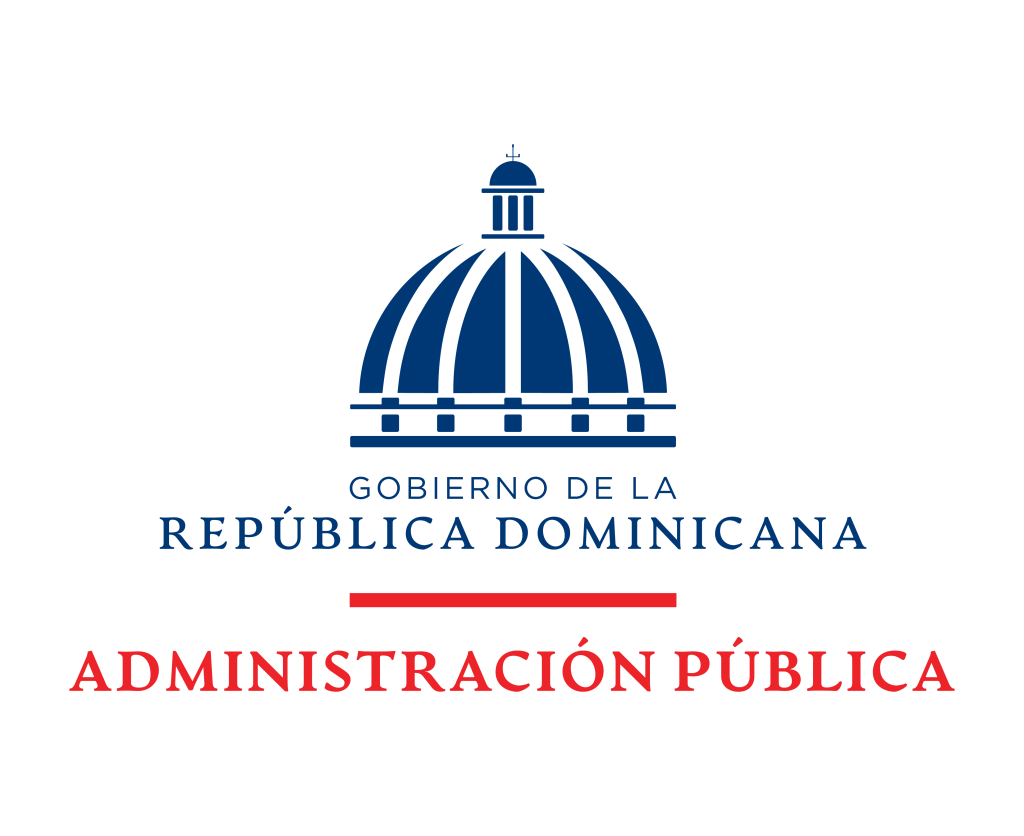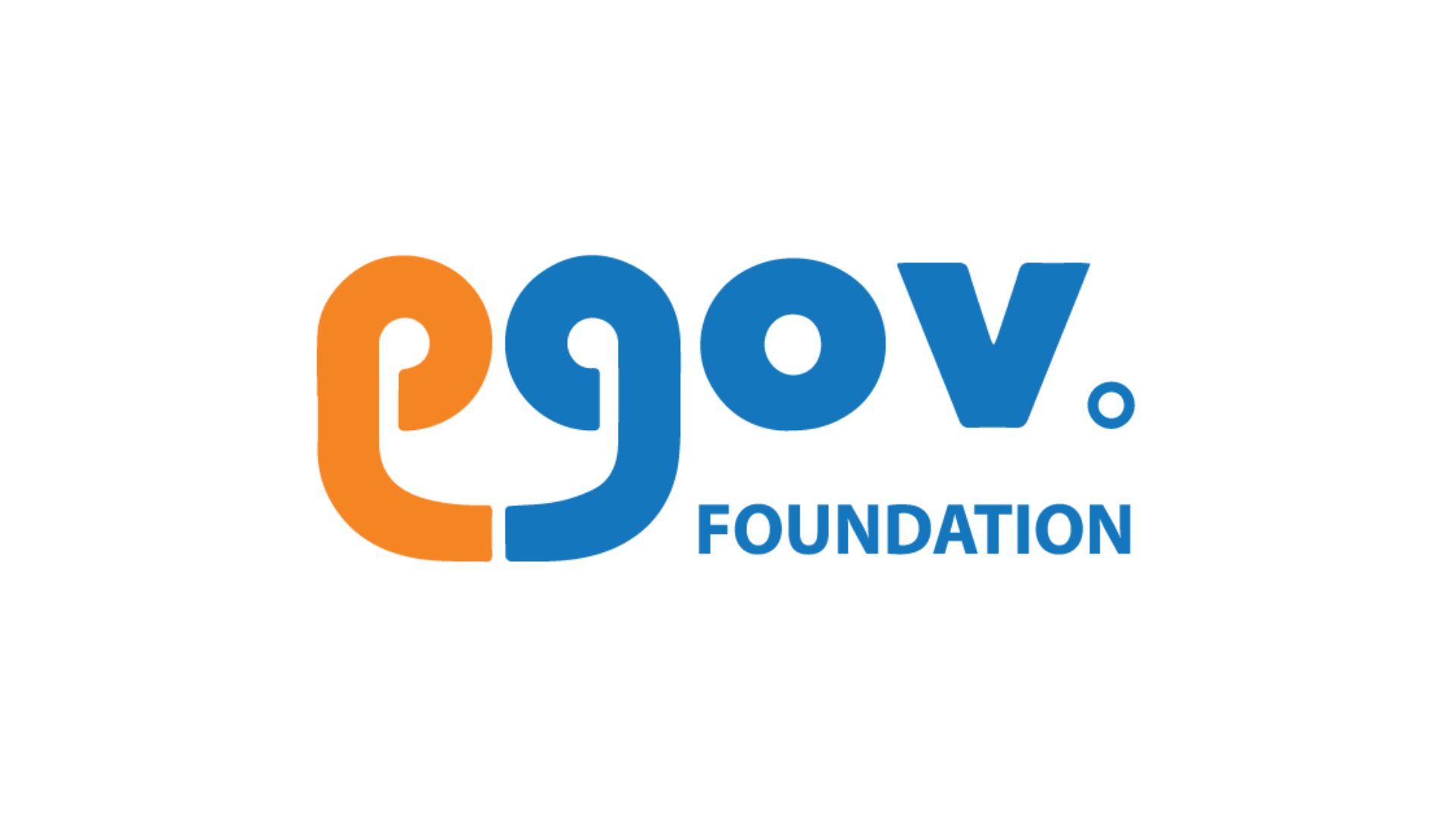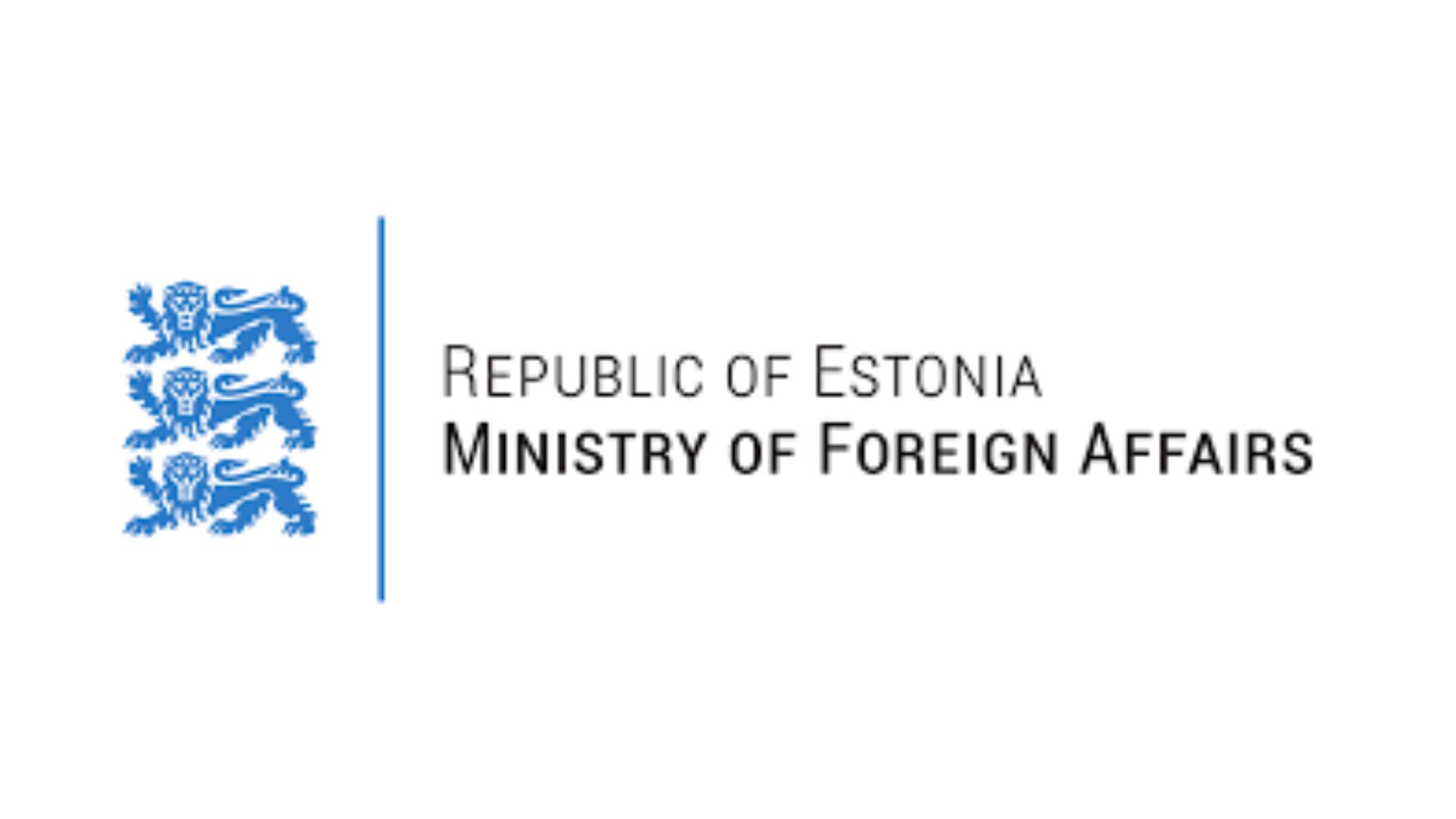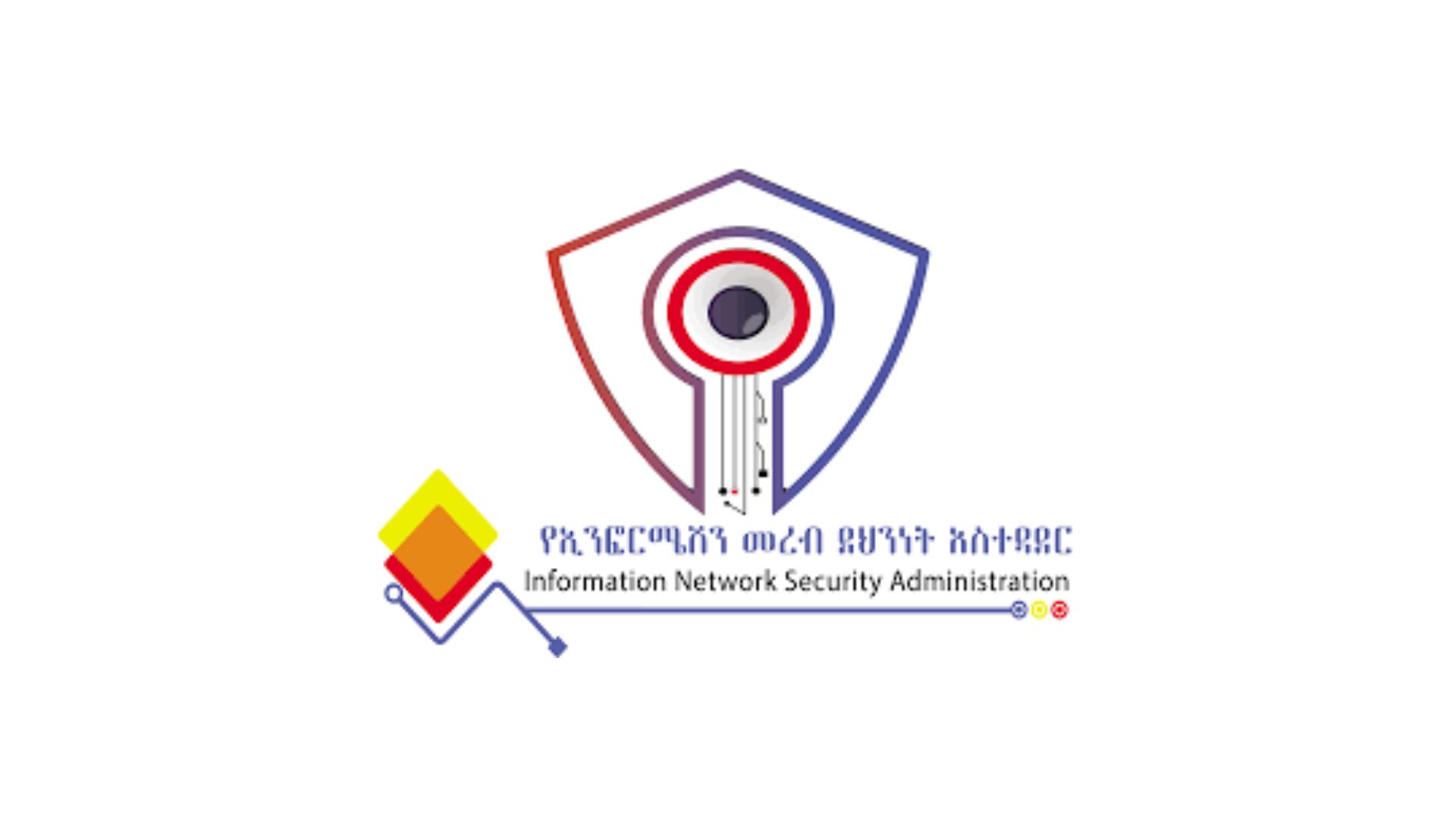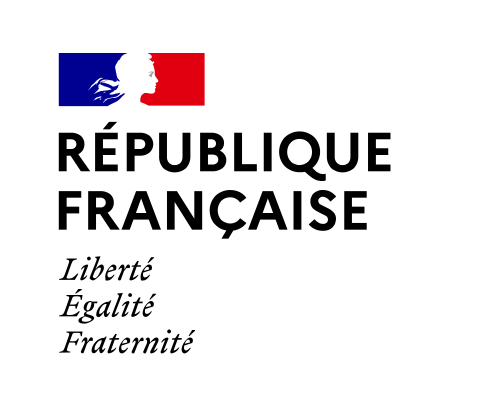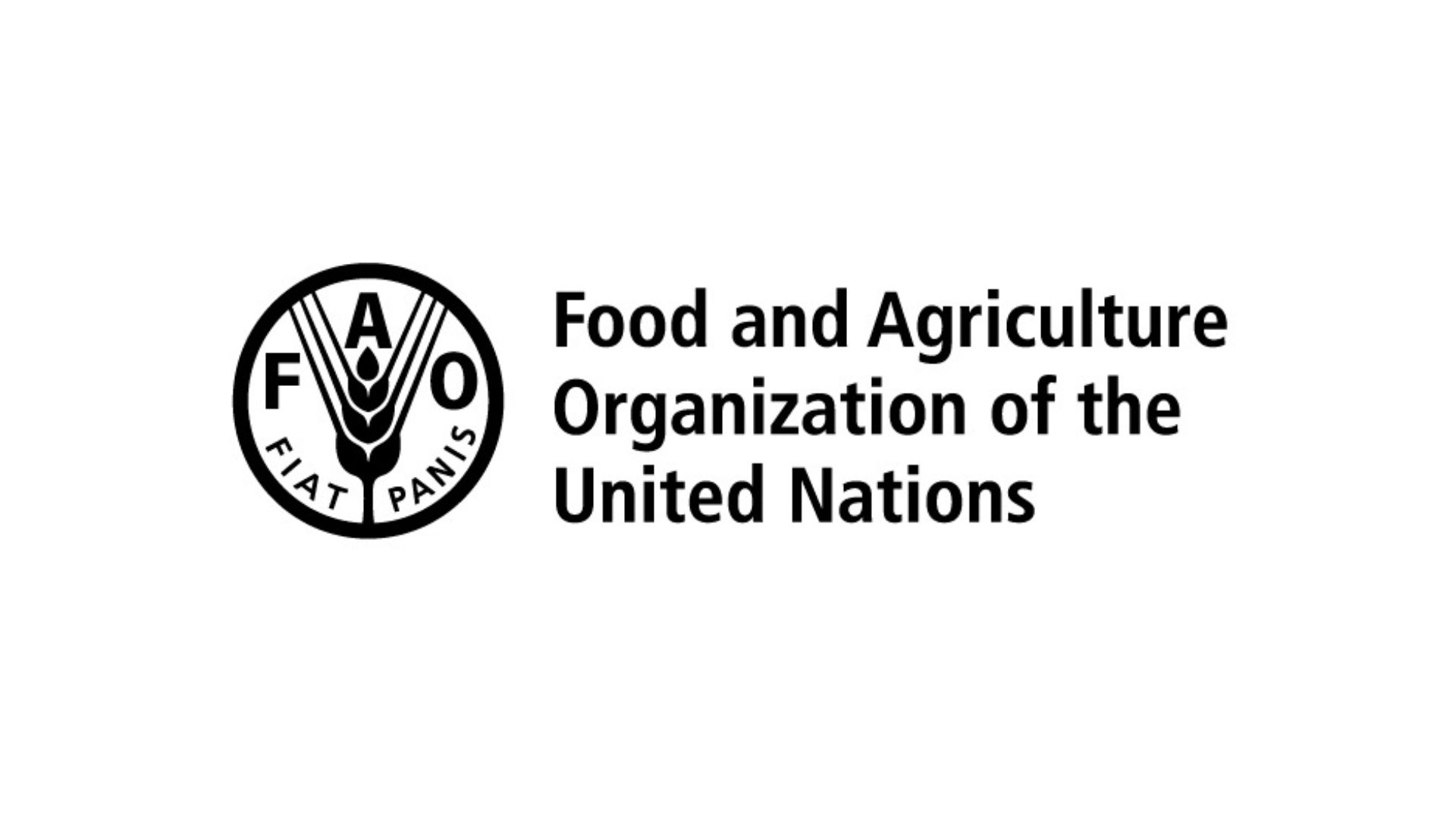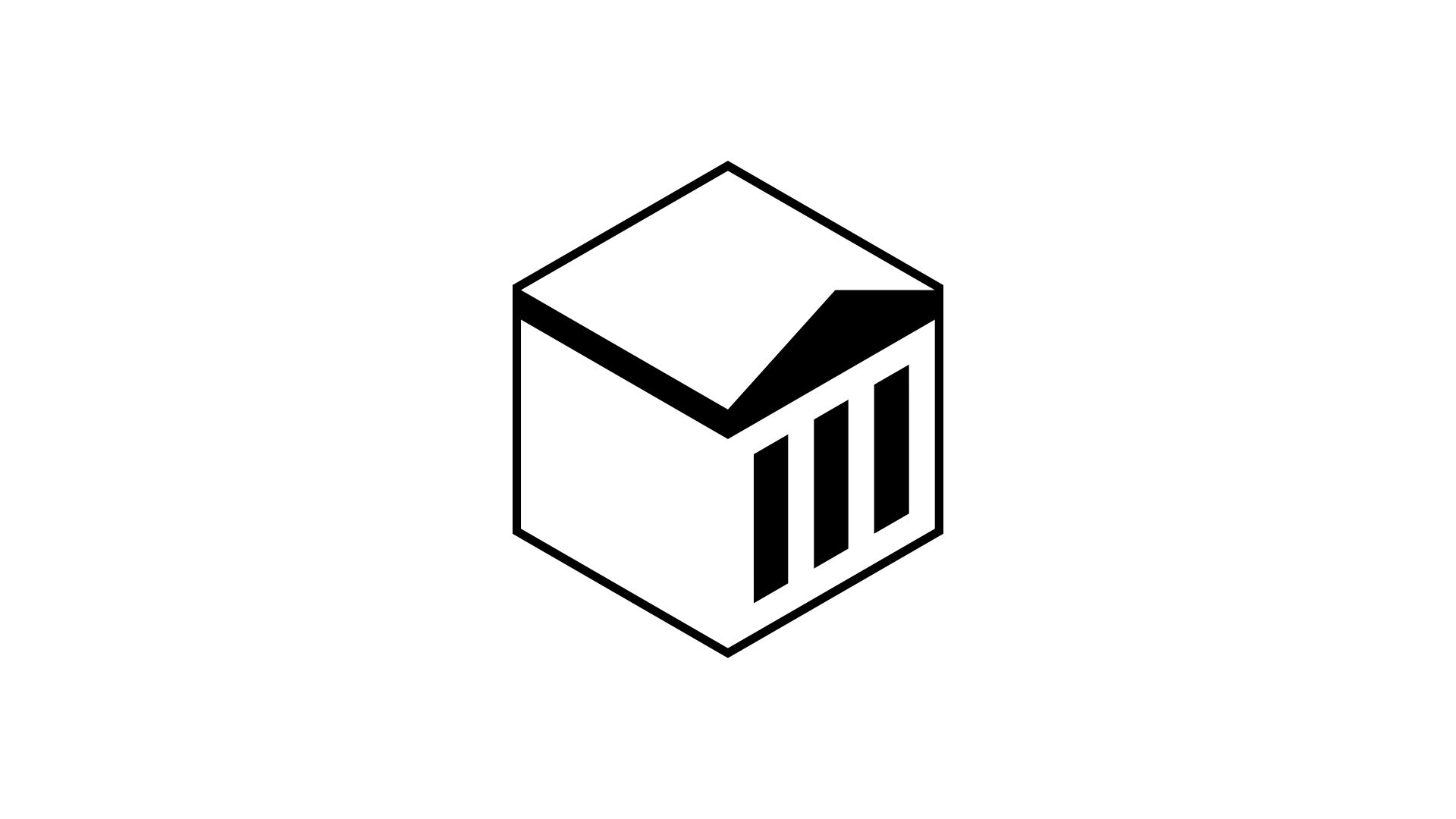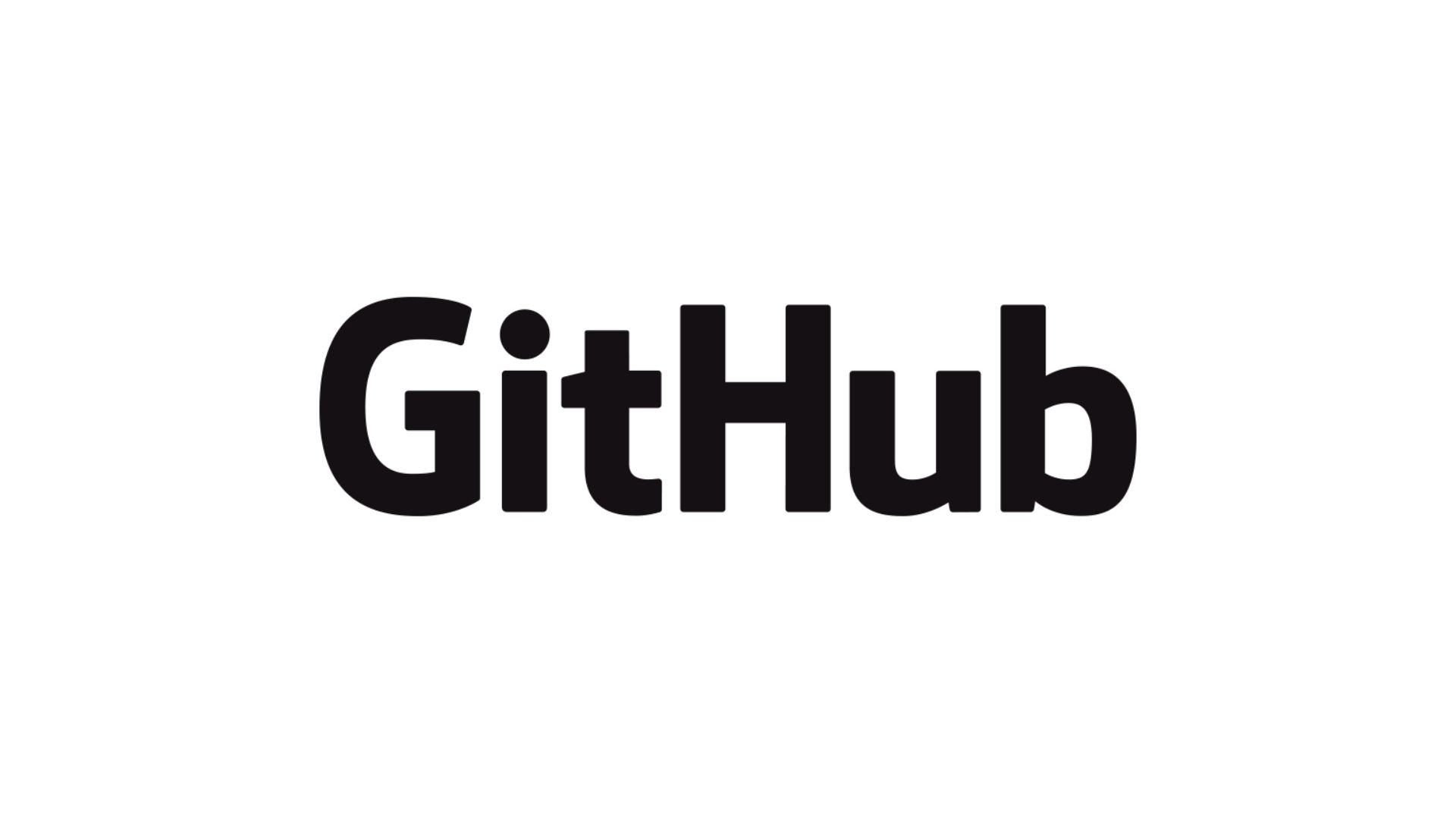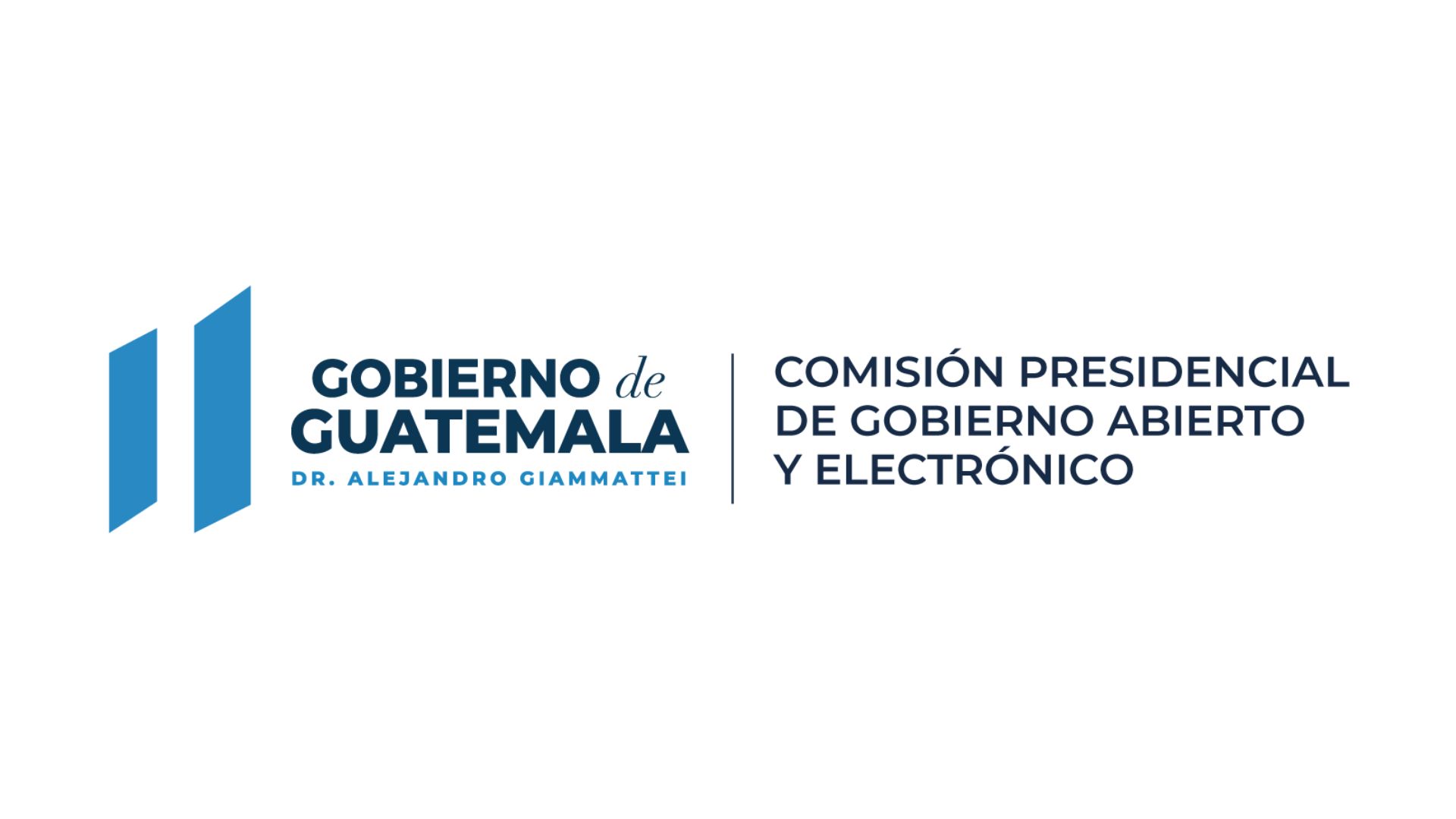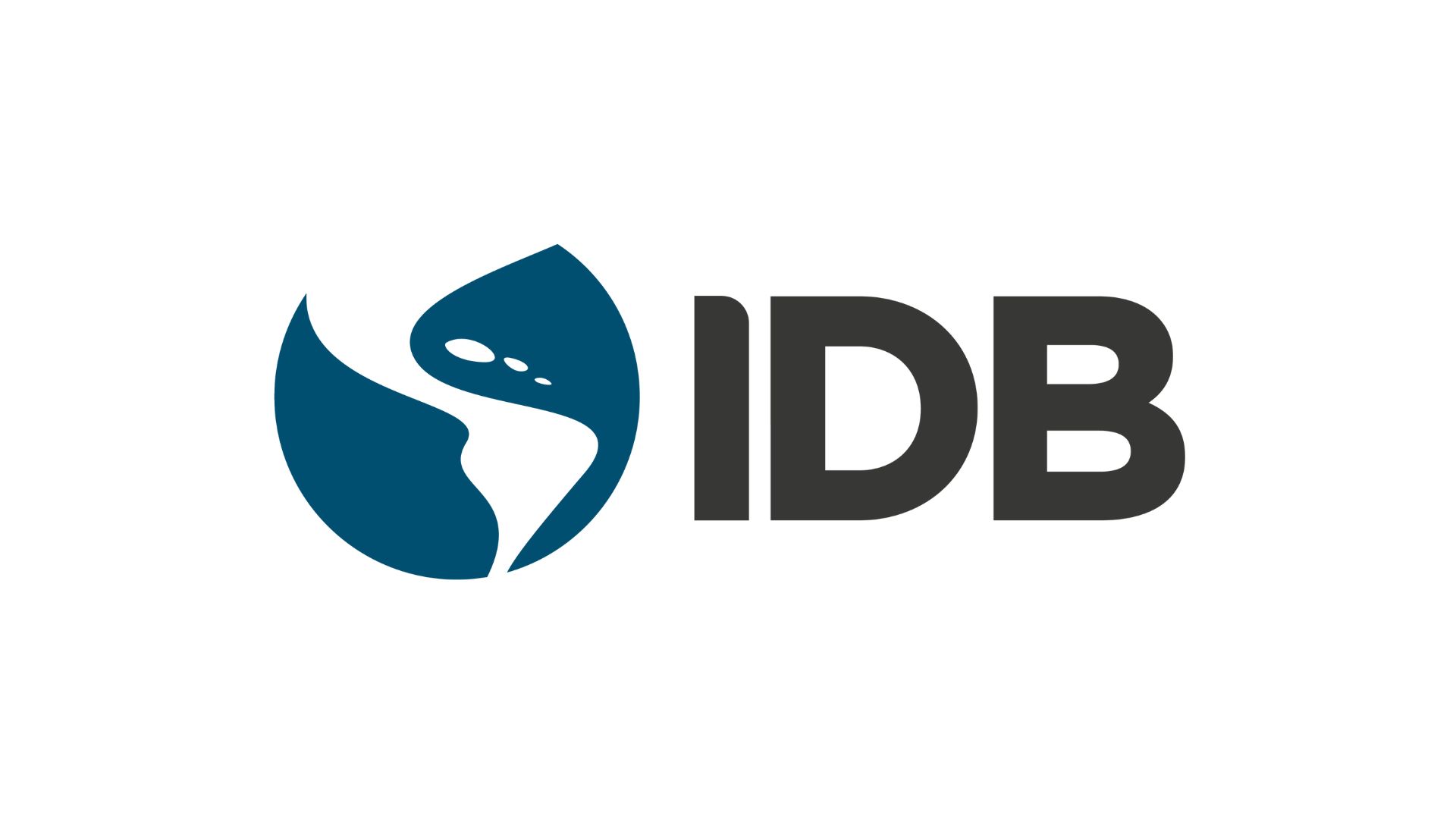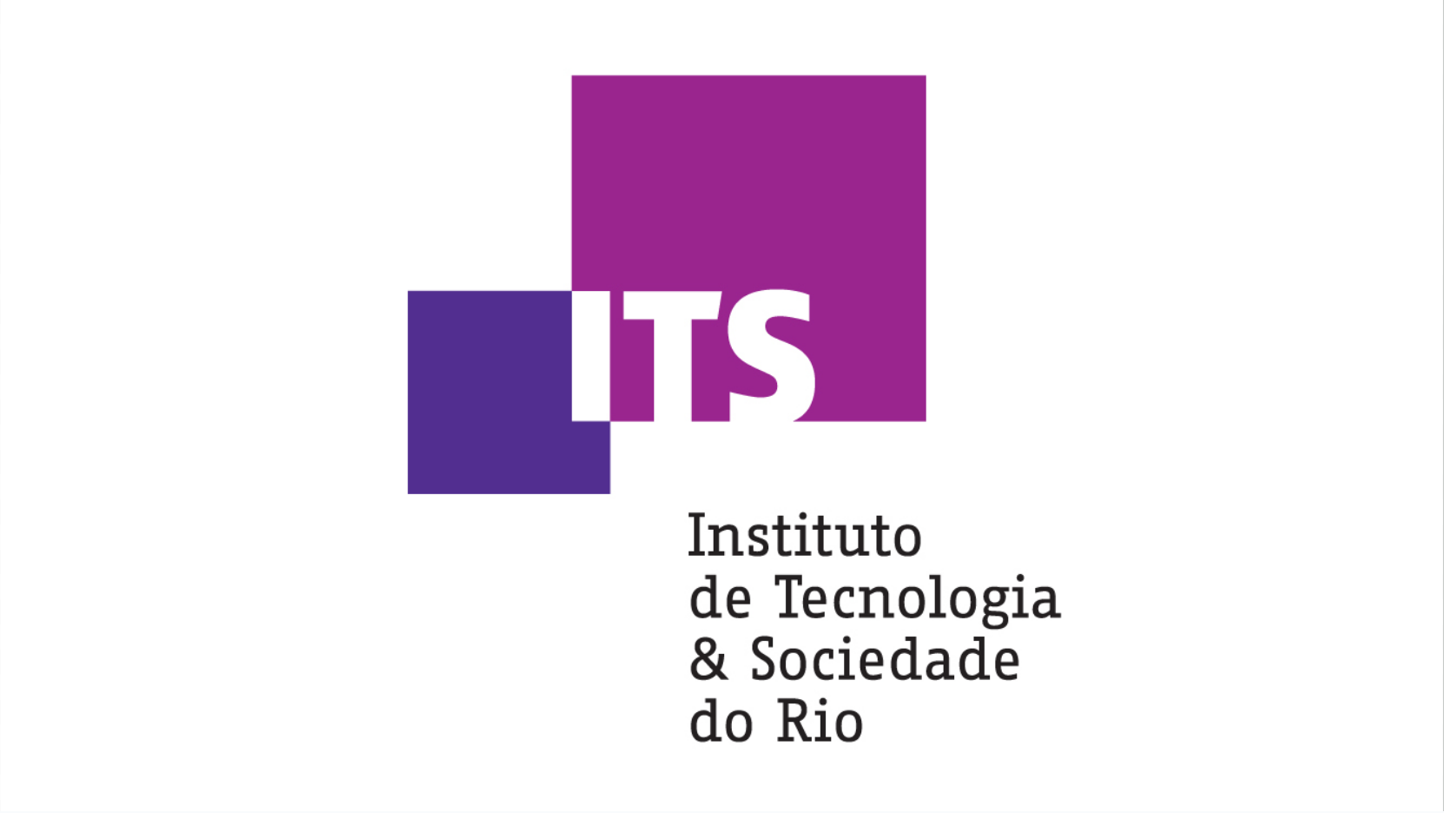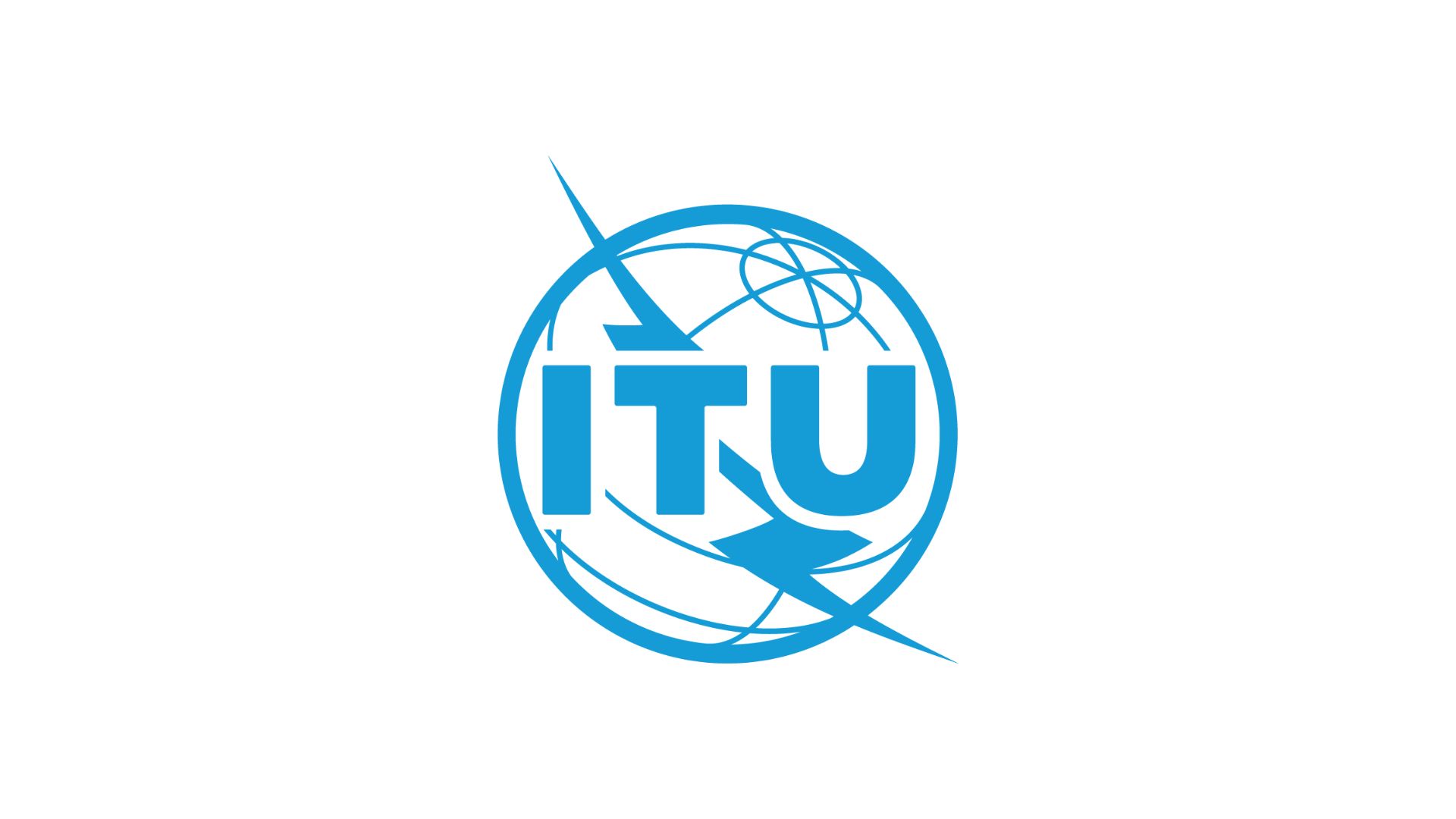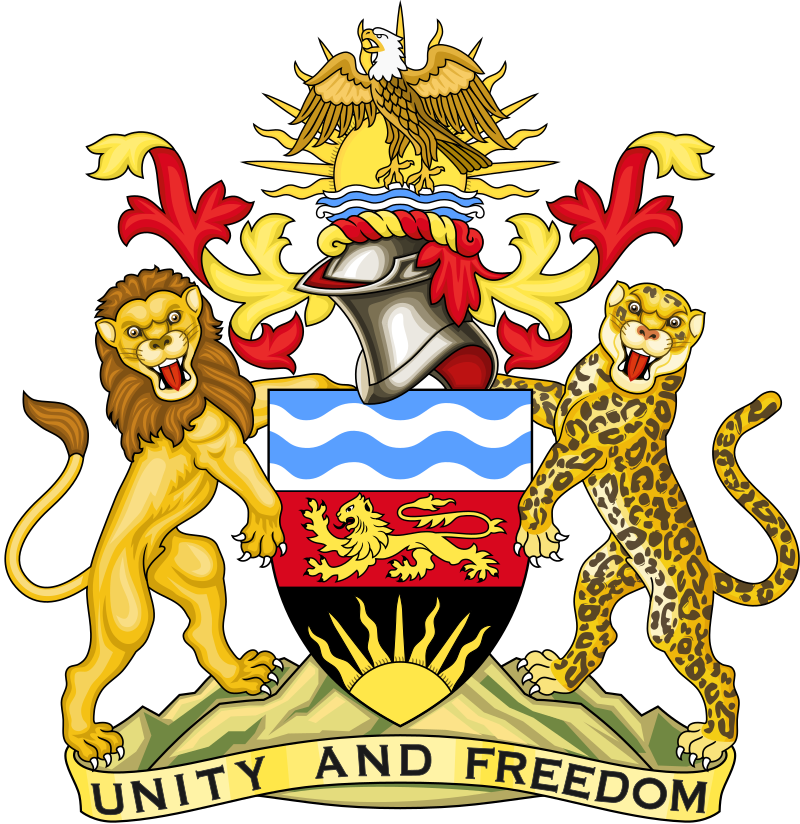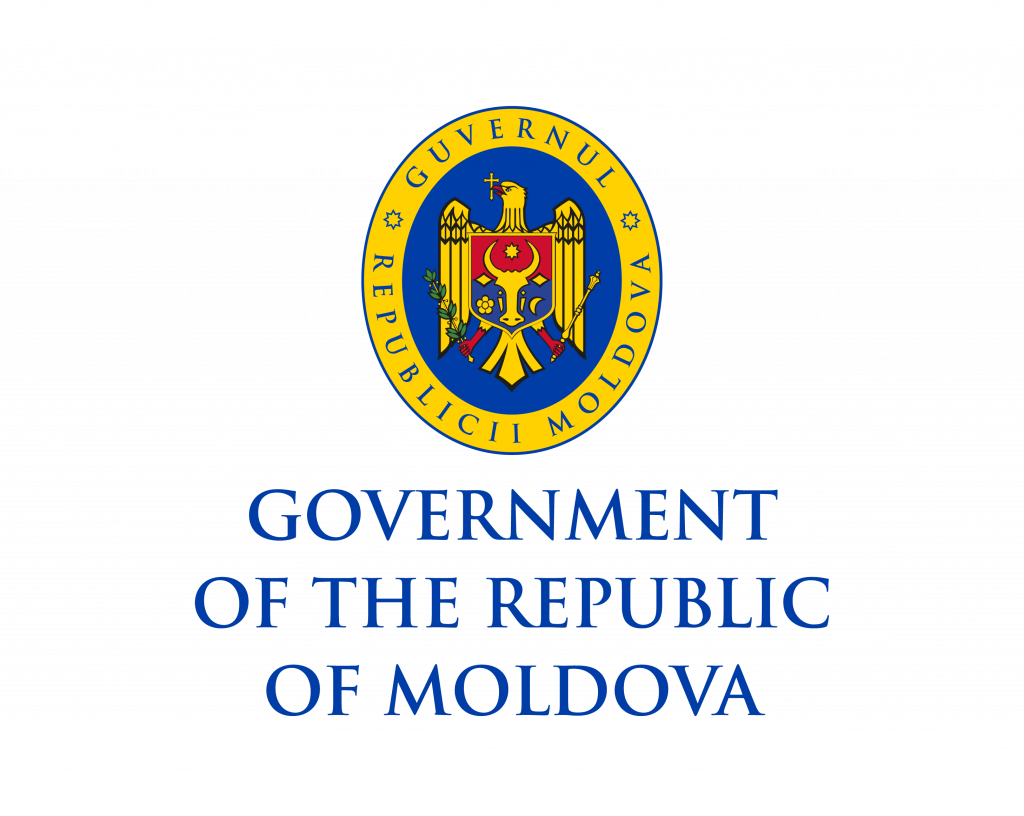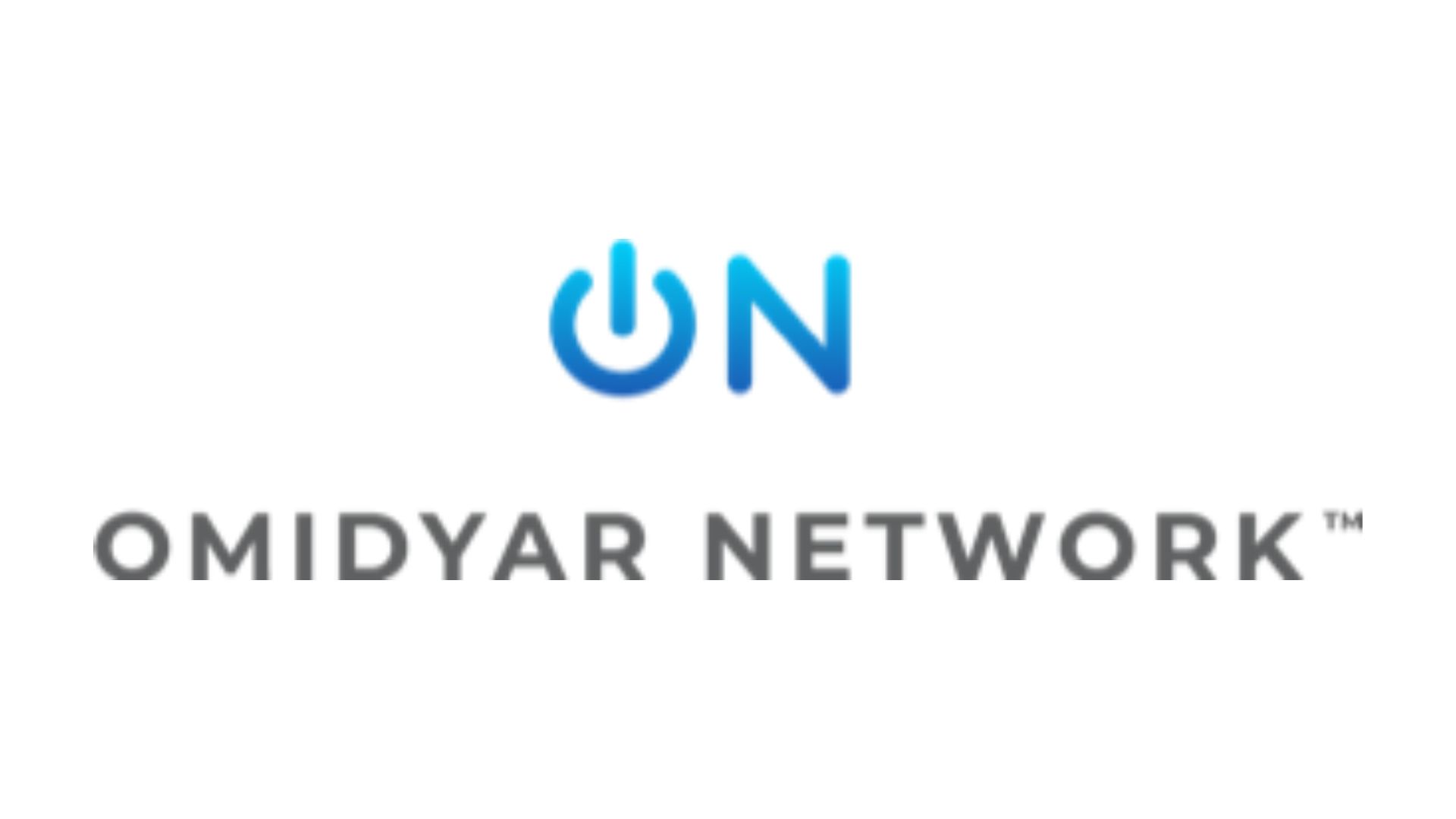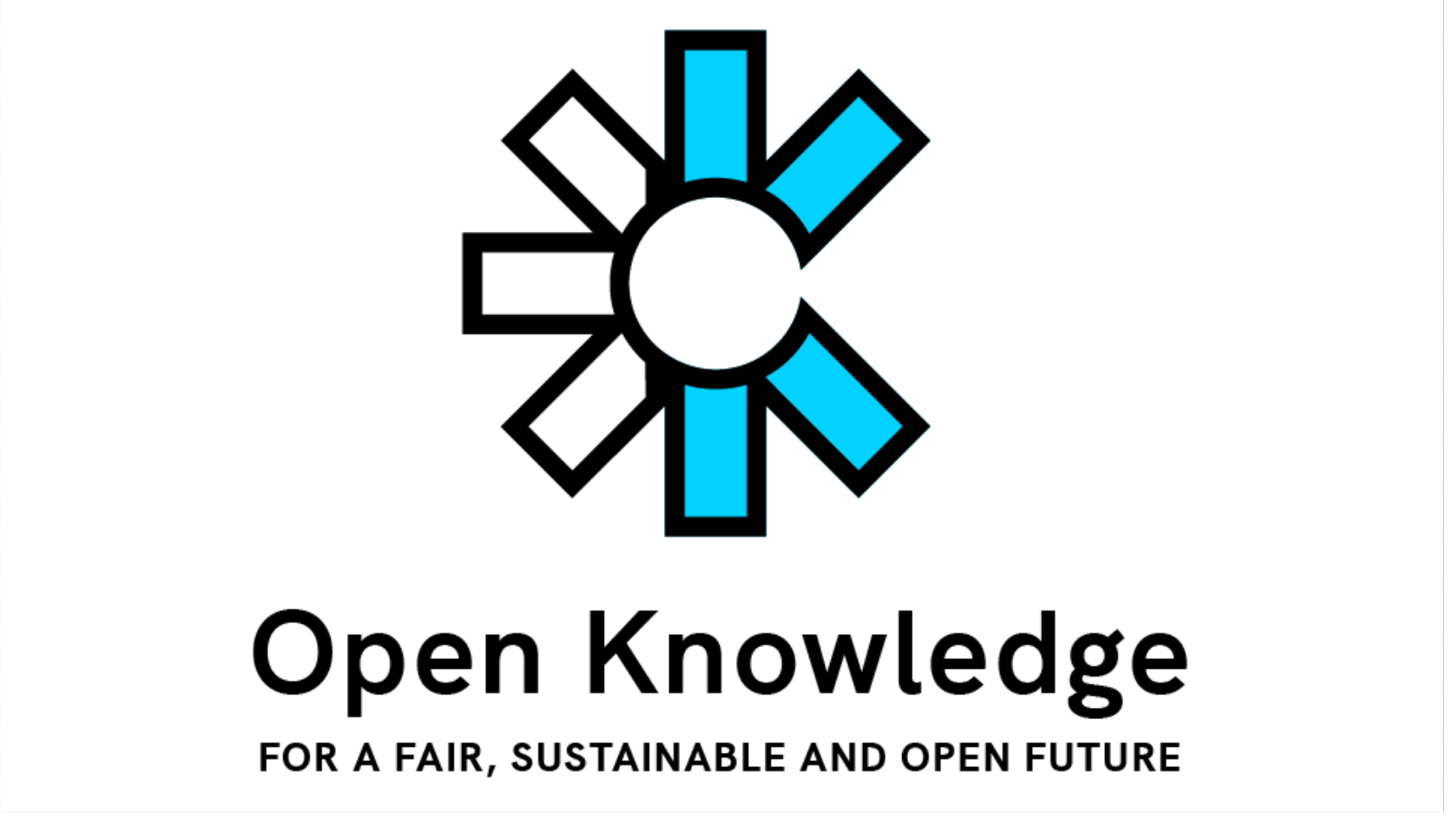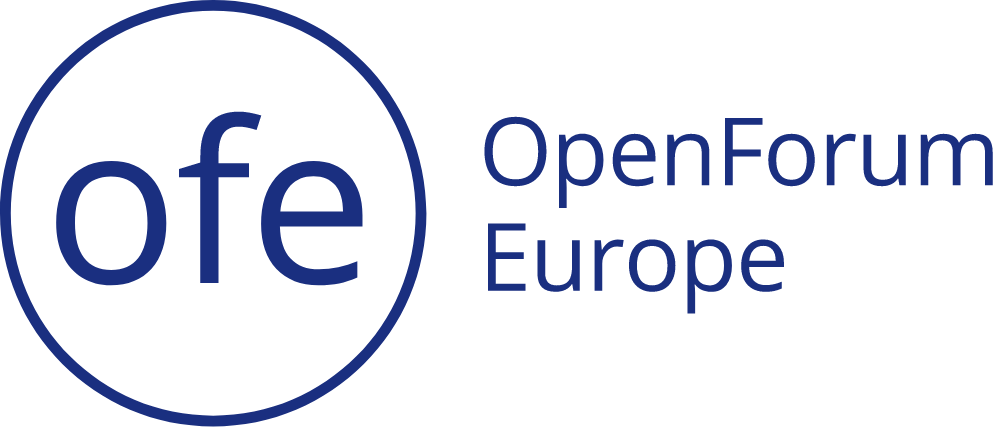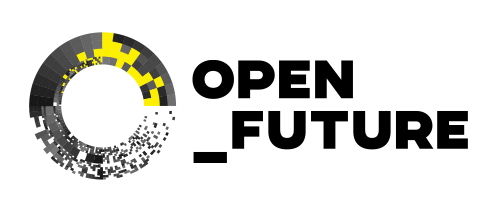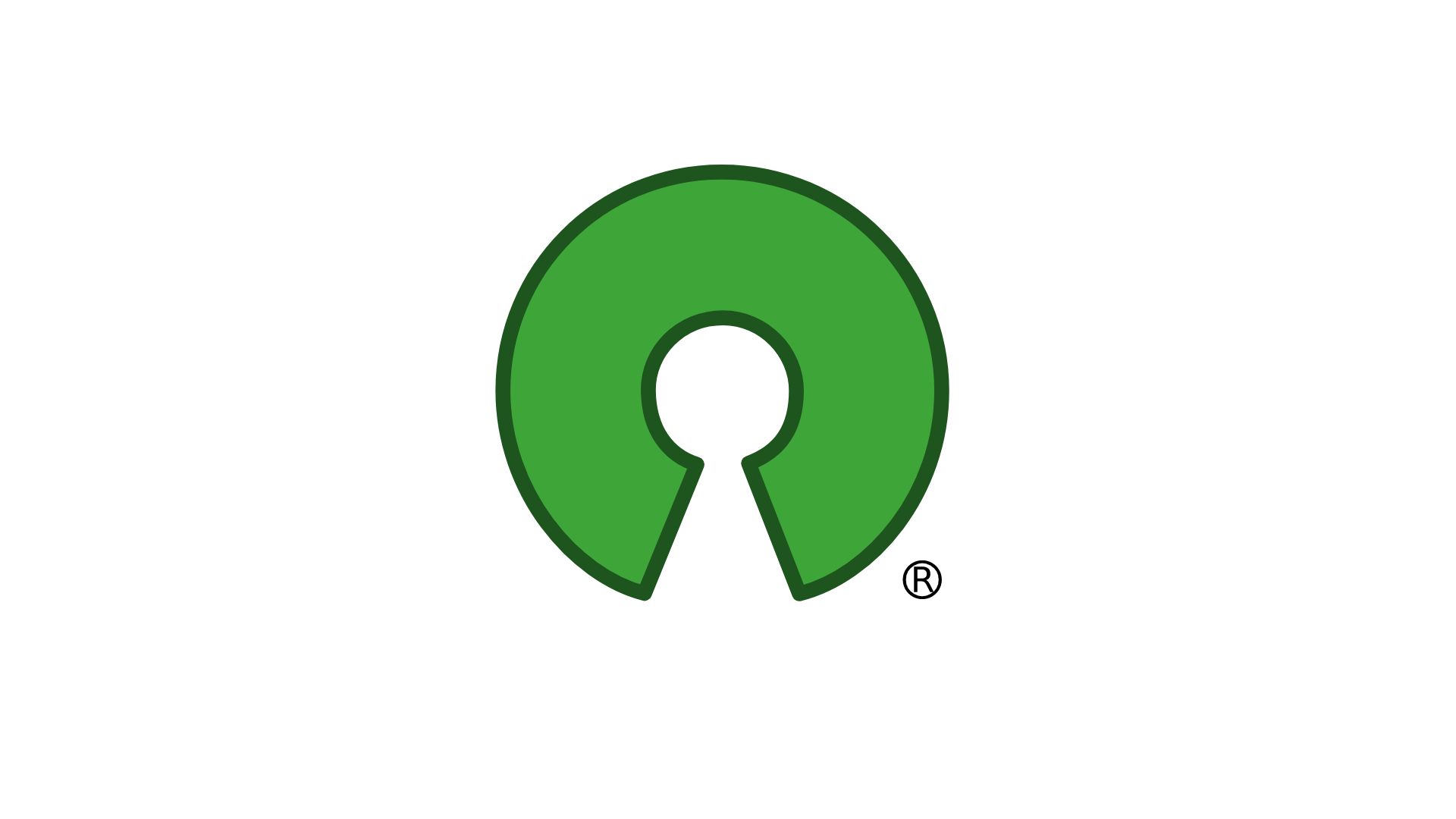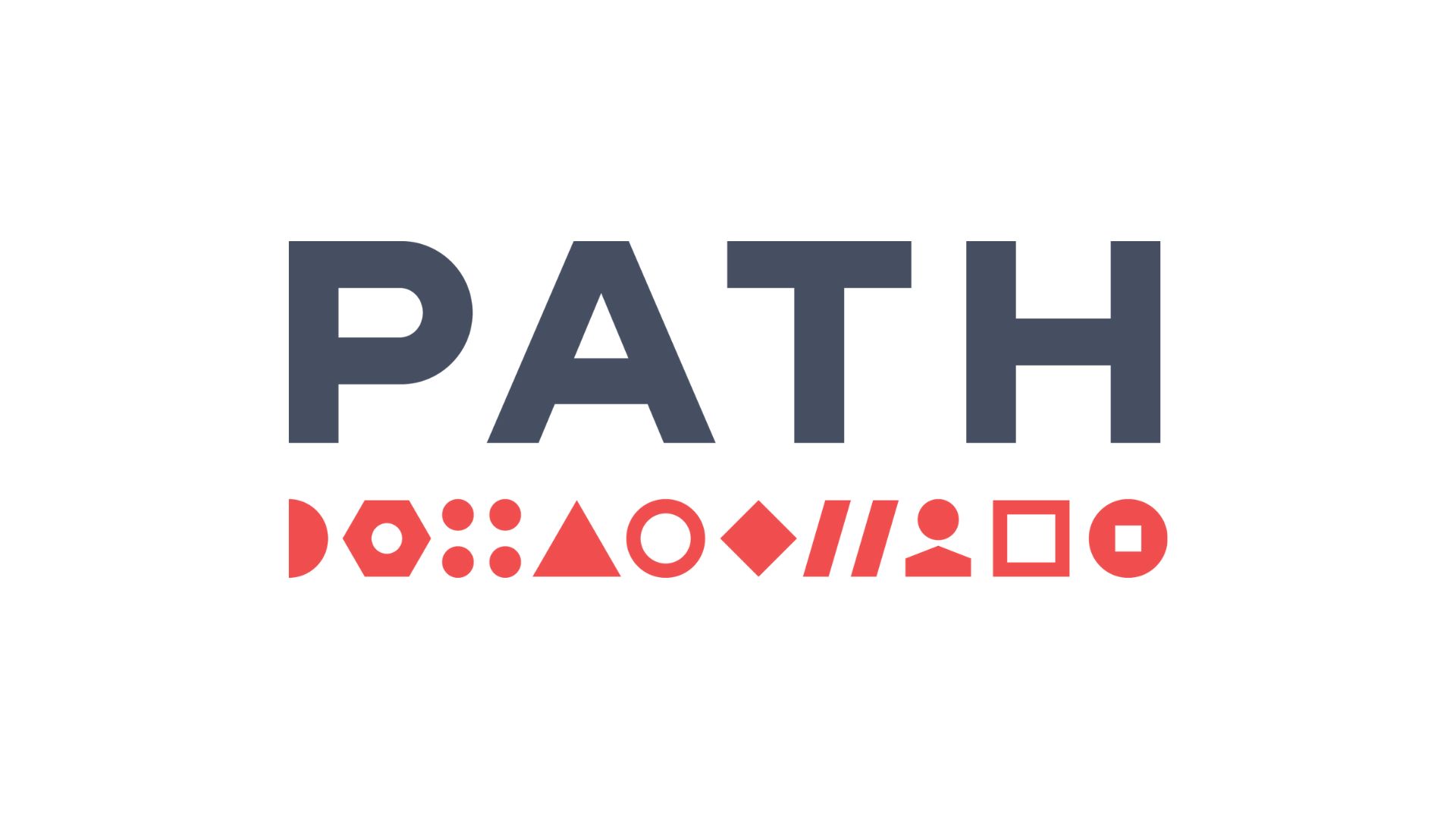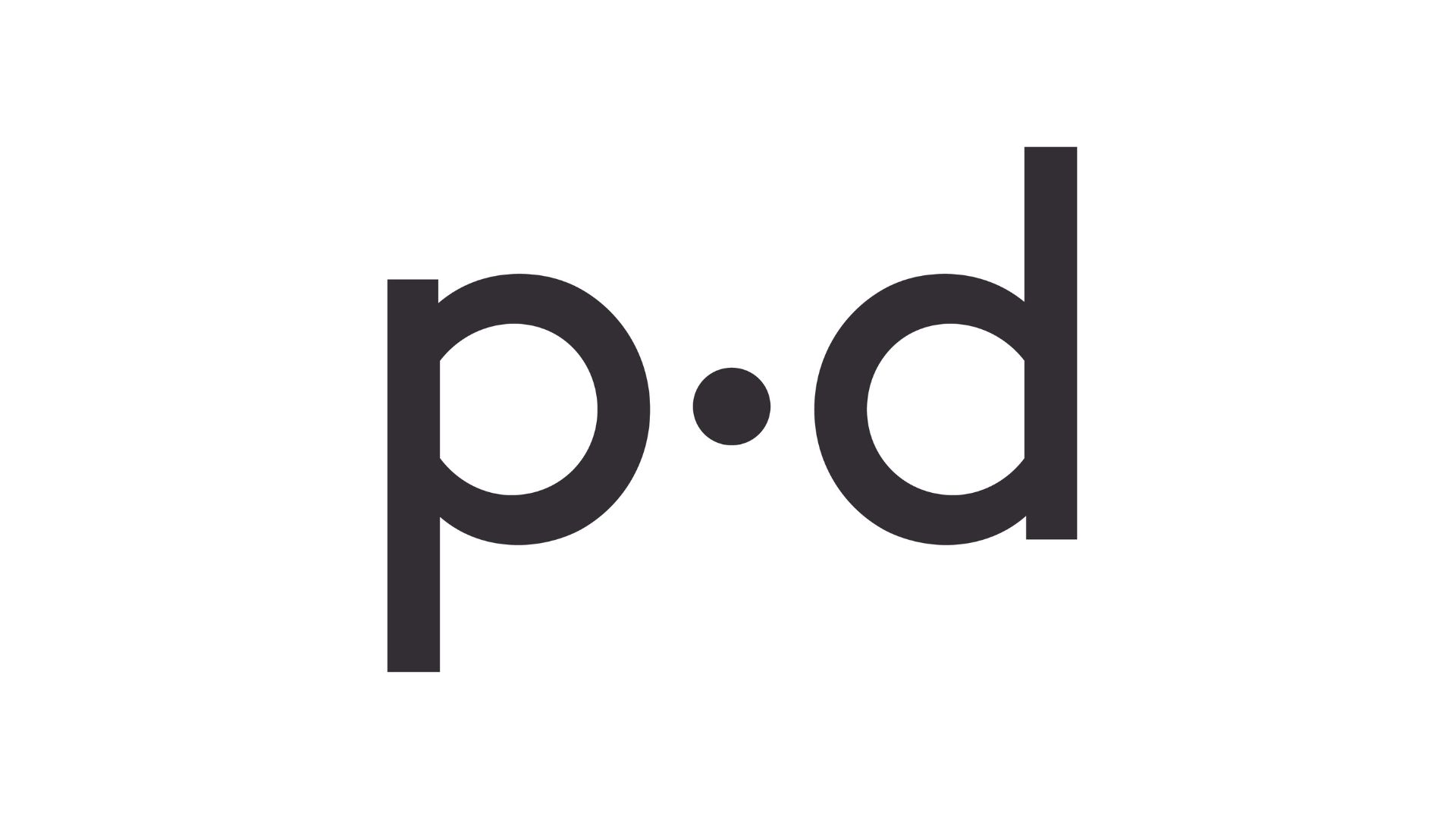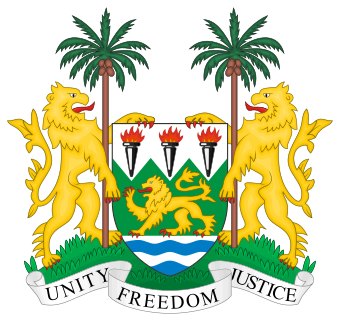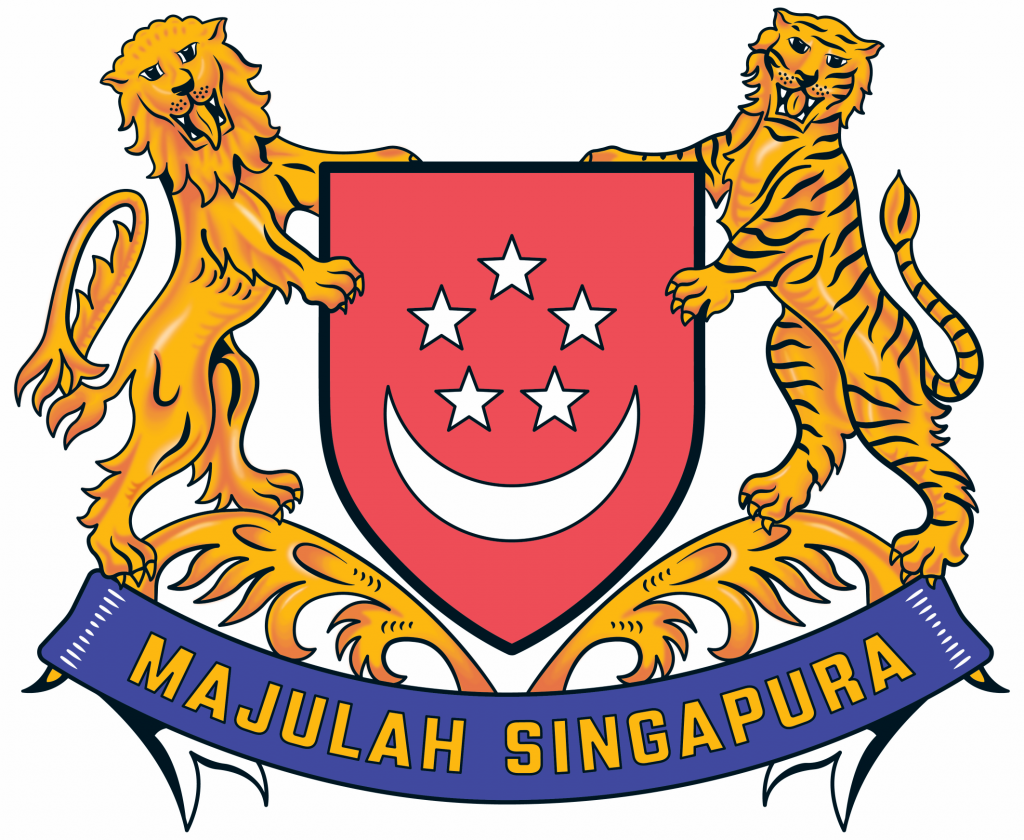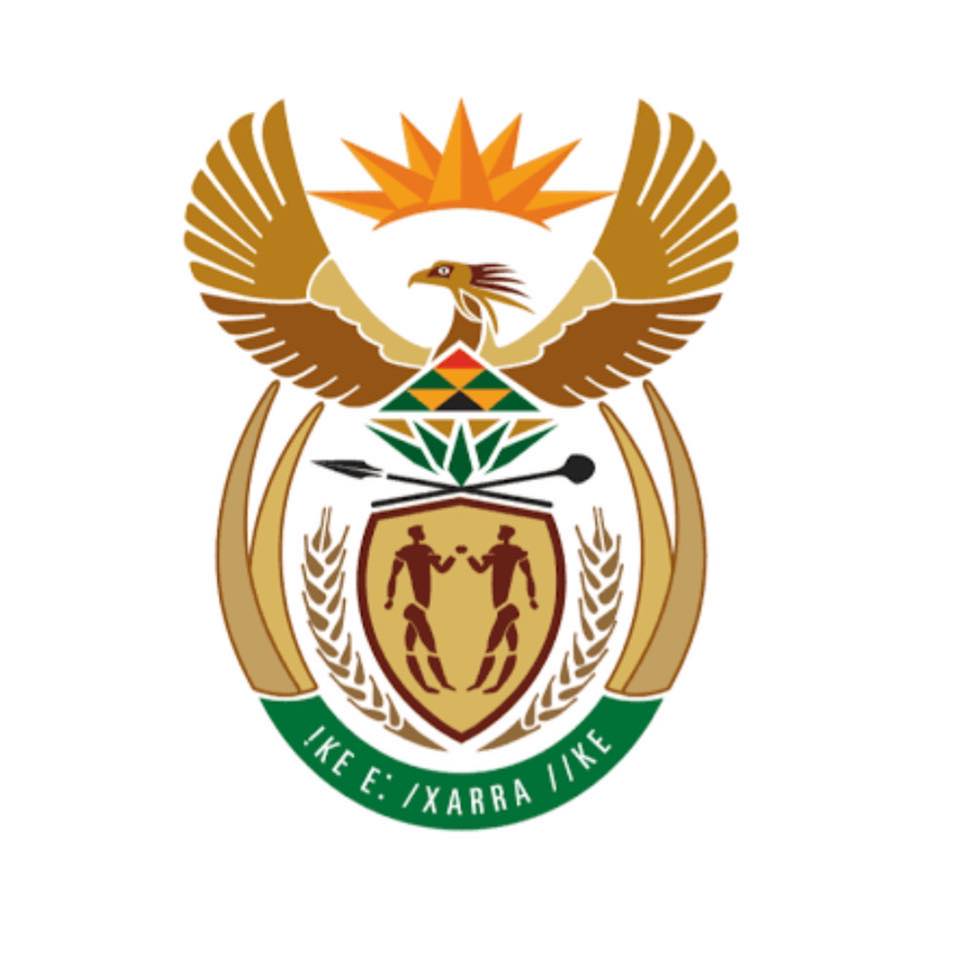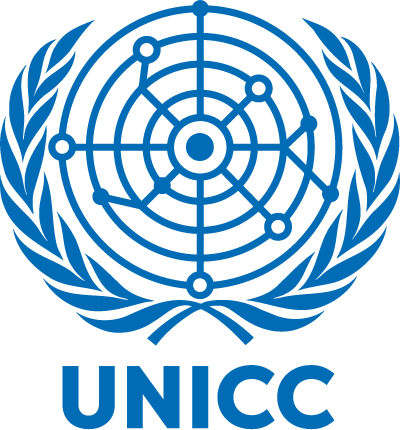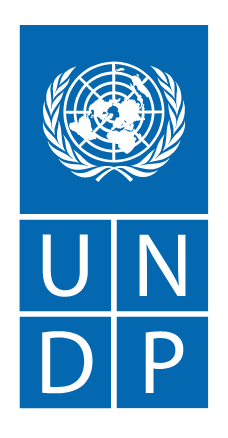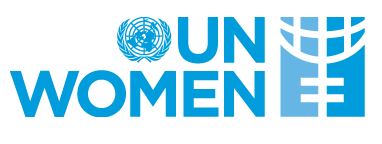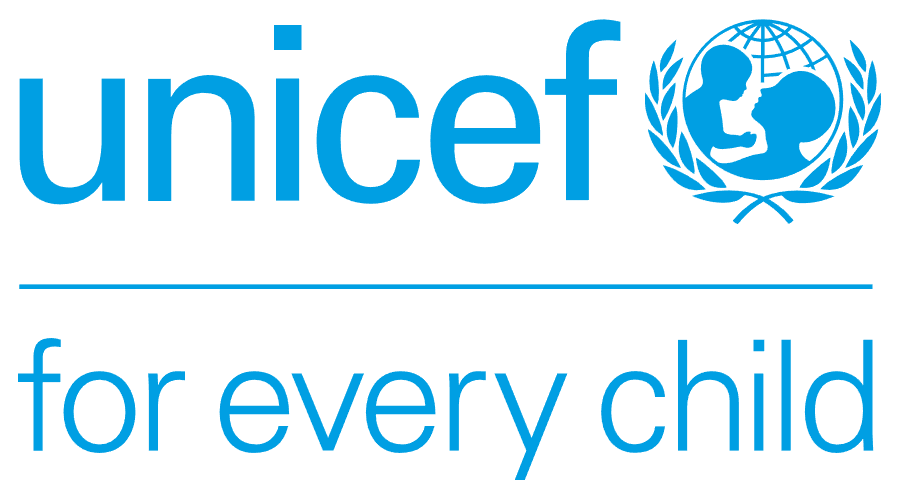Who We Are
The Digital Public Goods Alliance is a multi-stakeholder UN-endorsed initiative that facilitates the discovery and deployment of open-source technologies, bringing together countries and organisations to create a thriving global ecosystem for digital public goods and helping to achieve the sustainable development goals.
The DPGA is governed by a board, which functions as a strategic decision-making and oversight body for the DPGA Secretariat. The board consists of member-organisations who demonstrate a strong commitment to digital public goods and are committed to supporting the DPGA’s mission and mandate. Current board members include the German Federal Ministry for Economic Cooperation and Development (BMZ), EkStep Foundation; the Government of Sierra Leone, the Norwegian Agency for Development Cooperation (Norad) under the Government of Norway, UNDP, and UNICEF.
Digital Public Goods Alliance Members
The DPGA relies on engagement and leadership from a broad membership and stakeholder community. We use a Roadmap as a coordination, alignment, engagement, and communication tool to capture the activities of DPGA members working to significantly advance the four DPGA strategic objectives described in the 5 year strategy. Each year, the DPGA Secretariat publishes ‘The State of the DPG Ecosystem‘ report which provides further insight into the DPG-related activities that DPGA members have undertaken that year.
Current members of the DPGA include; the Asian Development Bank; the Government of Bangladesh; the Government of Brazil, the Government of Cambodia, Co-Develop, Creative Commons; data.org; Digital Impact Alliance; the Government of the Dominican Republic; eGov Foundation; EkStep Foundation; the Government of Ethiopia; the Government of France, Food and Agriculture Organization; Foundation for Public Code; Gates Foundation; the German Federal Ministry for Economic Cooperation and Development (BMZ); GitHub; the Government of Guatemala; India’s Ministry of Electronics and Information Technology; UN Office of Information and Communications Technology; Institute for Technology and Society (ITS); Inter-American Development Bank; International Telecommunication Union; the Government of Malawi; the Government of Moldova; Mozilla, the Government of Nigeria, the Norwegian Agency for Development Cooperation (Norad) under the Government of Norway; Omidyar Network; OpenForum Europe; Open Future; Open Knowledge Foundation; the Open Source Initiative; Digital Square at PATH; Public Digital; the Republic of Estonia’s Ministry of Foreign Affairs; The Rockefeller Foundation; Rwanda’s Ministry of ICT and Innovation; The Government of Singapore; the Government of Sierra Leone; the Government South Africa, the Government of Sri Lanka; Thoughtworks; the Uganda Ministry of ICT and National Guidance; Ukraine’s Ministry of Digital Transformation; UN International Computing Centre, UN Office for Digital and Emerging Technologies; UNDP; UN Women; UNICEF and the Government of Uruguay.
